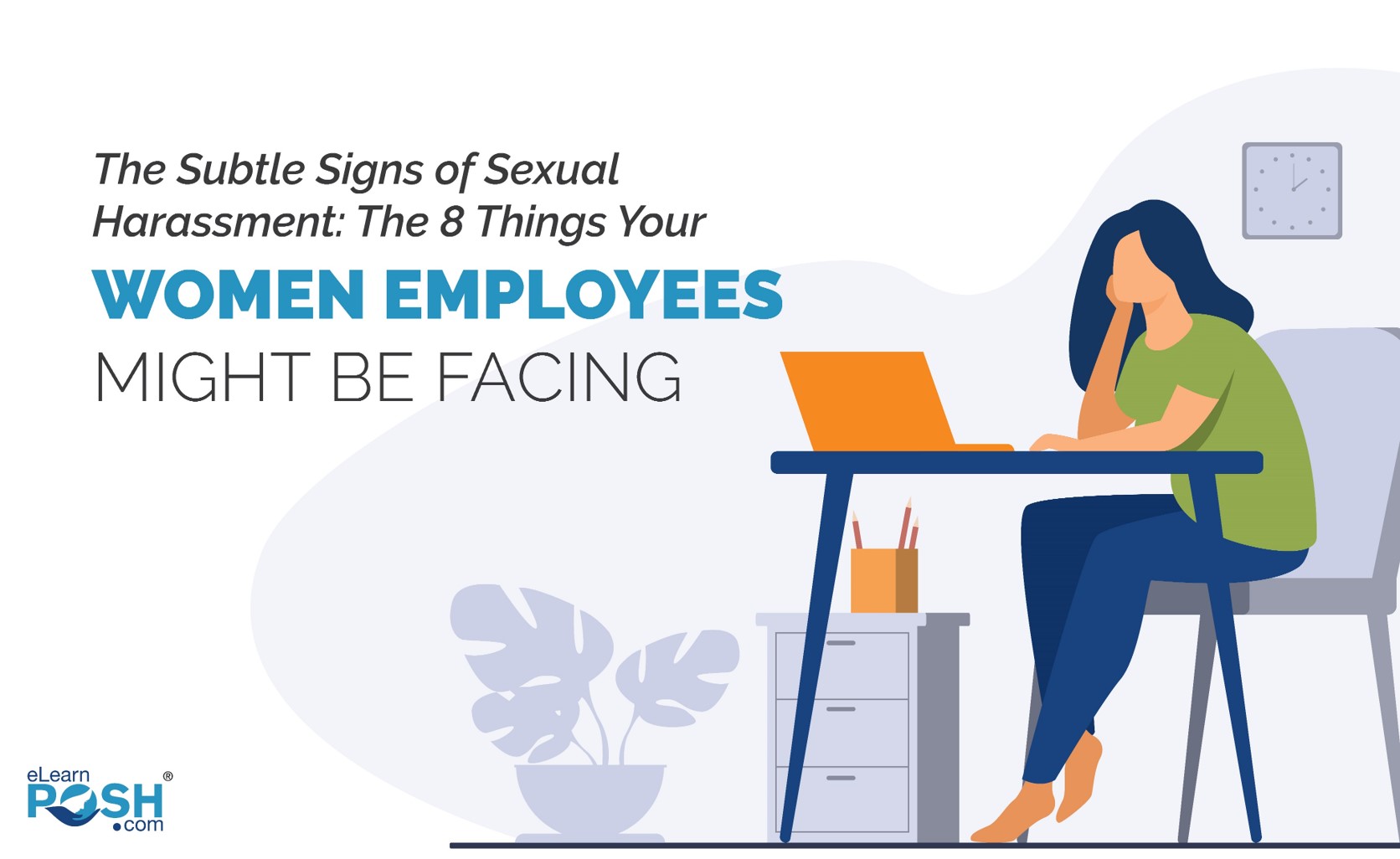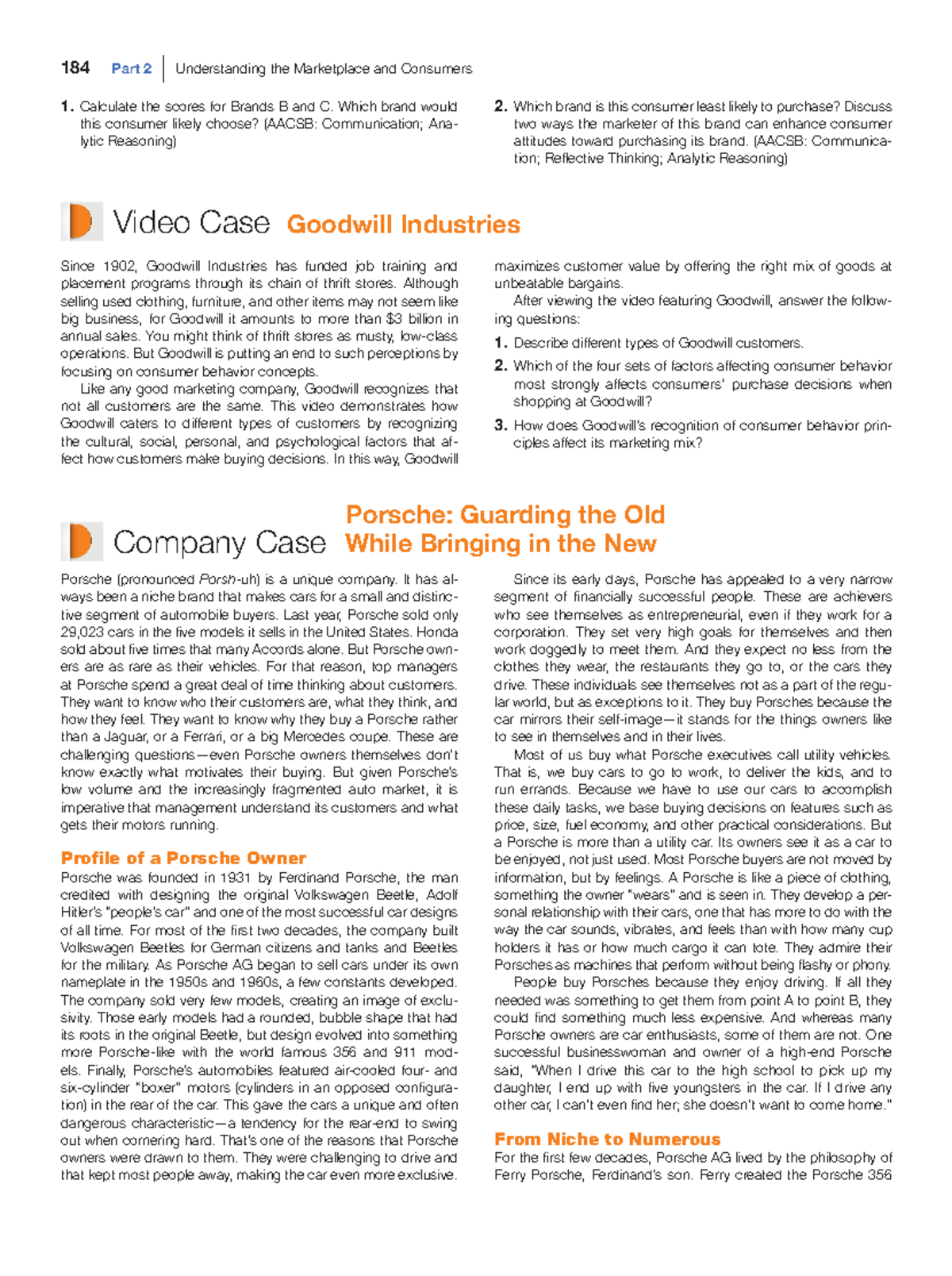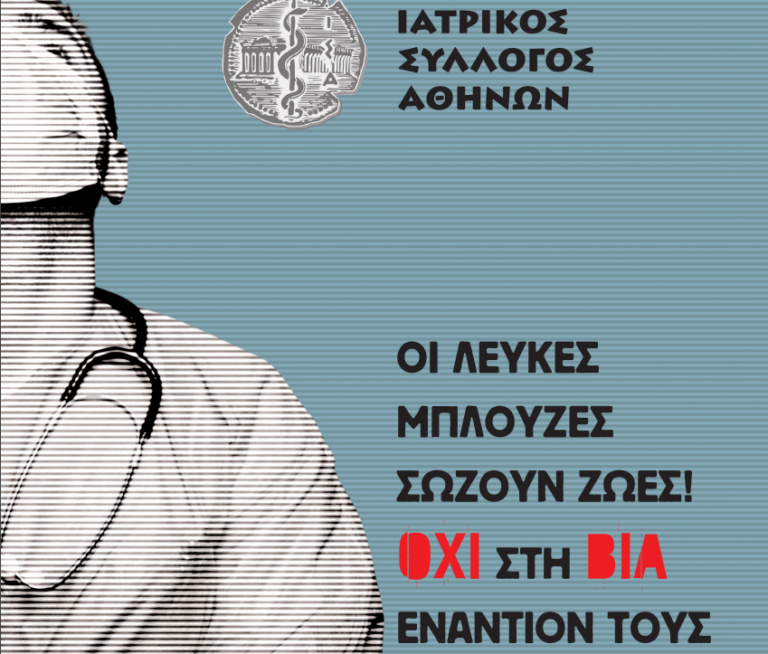Adult ADHD: 8 Subtle Signs You Might Be Overlooking

Table of Contents
Many adults live with ADHD without ever receiving a diagnosis. The symptoms often present differently in adulthood than in childhood, leading to missed diagnoses and years of unnecessary struggle. This article explores eight subtle signs of adult ADHD you might be overlooking, helping you understand if further investigation is warranted. Understanding these subtle indicators is the first step towards getting the support you need to thrive.
Persistent Procrastination and Difficulty Prioritizing
Beyond simple laziness:
Procrastination isn't always about laziness; it's often a symptom of difficulty focusing and planning, a common characteristic of adult ADHD. The inability to effectively prioritize tasks and break them down into manageable steps contributes significantly to this struggle. This isn't about willpower; it's about neurological differences impacting executive function.
- Constantly missing deadlines, even with ample time.
- Feeling overwhelmed by simple tasks, leading to avoidance.
- Struggling to start projects despite knowing they need to be done.
- Switching tasks frequently without completing any one task.
The neurological underpinnings of this difficulty involve challenges in the prefrontal cortex, the brain region responsible for planning and organization. This results in difficulties with initiating tasks, working memory, and inhibiting impulsive behaviors. This can significantly impact productivity and lead to increased stress and anxiety. To learn more about effective time management strategies specifically designed for individuals with ADHD, explore resources like [link to a reputable time management resource for ADHD].
Chronic Disorganization and Forgetfulness
More than just being messy:
Disorganization in adults with ADHD extends beyond a messy desk. It impacts daily life, affecting relationships, work performance, and overall well-being. It's often linked to challenges with executive function, the cognitive skills that help us plan, organize, and manage our actions.
- Frequently misplacing keys, wallets, phones, or other important items.
- Difficulty remembering appointments or meetings, leading to missed obligations.
- A chronically cluttered home or workspace, making it difficult to find things.
- Trouble locating items even when they are in plain sight.
The executive function deficits associated with ADHD affect the ability to organize information, prioritize tasks, and maintain a structured environment. This can lead to significant stress and frustration. However, implementing organizational strategies tailored to ADHD, such as using visual reminders, color-coding systems, and digital organizational tools, can greatly improve this aspect of daily life.
Restlessness and Difficulty Relaxing
The constant feeling of "doing":
Adults with ADHD may struggle to relax, feeling an internal pressure to stay busy even when tired. This isn't simply a preference for activity; it's a manifestation of the hyperactivity component of ADHD.
- Difficulty sitting still for extended periods.
- Constant fidgeting or pacing.
- Trouble unwinding after work or other activities.
- Feeling restless even when physically exhausted.
The hyperactivity associated with ADHD often manifests as internal restlessness rather than external hyperactivity. This can lead to difficulty with sleep, increased anxiety, and a feeling of being constantly "on edge." Practicing mindfulness, engaging in calming activities like yoga or meditation (adapted for ADHD), and ensuring sufficient physical activity can all contribute to improved relaxation and stress management.
Emotional Dysregulation and Impulsivity
A roller coaster of emotions:
Experiencing intense emotional swings, difficulty managing anger or frustration, and acting impulsively are common in adults with ADHD. This isn't a lack of emotional intelligence; it's a challenge in regulating emotional responses.
- Quick temper and easily triggered anger.
- Sudden and unpredictable mood shifts.
- Impulsive spending or decision-making.
- Difficulty controlling emotional responses in stressful situations.
The connection between ADHD and emotional dysregulation stems from the interplay between executive function and emotional processing. Learning coping mechanisms, such as mindfulness techniques, deep breathing exercises, and cognitive behavioral therapy (CBT), can help individuals with ADHD develop healthier emotional regulation strategies.
Problems with Focus and Attention
Beyond daydreaming:
Difficulty concentrating on tasks, being easily distracted, and struggling to maintain focus are hallmark symptoms of ADHD. This isn't about laziness or lack of motivation; it's a neurological challenge.
- Easily distracted by noise or movement.
- Struggling to follow conversations, especially in noisy environments.
- Mind wandering frequently, losing track of thoughts or tasks.
- Difficulty completing tasks requiring sustained attention.
Inattentive ADHD in adults often presents as difficulty sustaining focus, struggling with organization, and experiencing significant challenges with working memory. Strategies like minimizing distractions, using organizational tools, and breaking down tasks into smaller, more manageable steps can significantly improve focus and concentration.
Relationship Challenges
Impact on personal connections:
ADHD can significantly impact communication, leading to misunderstandings and conflict in personal relationships. This is not about a lack of caring; it's about the challenges ADHD presents in social interaction.
- Difficulty maintaining long-term relationships.
- Frequent arguments or disagreements with partners or family members.
- Struggles with clear and effective communication.
- Feeling misunderstood or like others don't "get" them.
The social challenges associated with ADHD can strain relationships. Open communication, active listening skills, and seeking professional help to improve communication patterns can strengthen relationships and improve understanding.
Low Self-Esteem and Feelings of Inadequacy
The internal critic:
Struggling with self-doubt, feeling like a failure despite achievements, and low self-confidence are common experiences for adults with ADHD. This isn't a reflection of actual ability; it's a consequence of the challenges posed by the condition.
- Negative self-talk and harsh self-criticism.
- Feeling inadequate or incompetent, despite successes.
- Perfectionism, leading to procrastination and avoidance.
- Difficulty accepting compliments or positive feedback.
The struggles associated with ADHD can lead to feelings of inadequacy and low self-esteem. Practicing self-compassion, focusing on strengths, and celebrating achievements can help build self-esteem. Therapy can also provide valuable support in addressing these emotional challenges.
Sleep Disturbances
The impact on rest:
Sleep problems such as insomnia, difficulty falling asleep, and restless sleep are commonly reported by adults with ADHD. These aren't simply lifestyle choices; they're often a direct consequence of the condition.
- Insomnia or difficulty falling asleep.
- Difficulty staying asleep throughout the night.
- Frequent waking during the night.
- Restless legs syndrome.
The hyperactivity and racing thoughts associated with ADHD can interfere with sleep quality. Establishing a consistent sleep routine, creating a relaxing bedtime environment, and avoiding caffeine and screen time before bed are crucial for improving sleep hygiene.
Conclusion:
Experiencing several of these subtle signs of adult ADHD doesn't automatically mean you have the condition, but it warrants further exploration. If you resonate with many of these points, consider seeking a professional evaluation. Don't let undiagnosed adult ADHD continue to impact your life. Take the first step towards understanding and managing your symptoms by scheduling an appointment with a healthcare professional specializing in adult ADHD. Learn more about adult ADHD diagnosis and treatment options today!

Featured Posts
-
 Spain Vs Usa Why One American Returned Home And One Didnt
Apr 29, 2025
Spain Vs Usa Why One American Returned Home And One Didnt
Apr 29, 2025 -
 All American Products Navigating The Complexities Of Domestic Production
Apr 29, 2025
All American Products Navigating The Complexities Of Domestic Production
Apr 29, 2025 -
 Diamond Johnsons Next Chapter Minnesota Lynx Wnba Camp Invitation
Apr 29, 2025
Diamond Johnsons Next Chapter Minnesota Lynx Wnba Camp Invitation
Apr 29, 2025 -
 A Geographic Analysis Of Emerging Business Hot Spots
Apr 29, 2025
A Geographic Analysis Of Emerging Business Hot Spots
Apr 29, 2025 -
 Exploring The Factors Behind Porsches Varying Popularity Globally With An Australian Case Study
Apr 29, 2025
Exploring The Factors Behind Porsches Varying Popularity Globally With An Australian Case Study
Apr 29, 2025
Latest Posts
-
 Ekklisi Le Maire Patriotismos Gallikon Epixeiriseon Enantia Stoys Dasmoys Tramp
Apr 30, 2025
Ekklisi Le Maire Patriotismos Gallikon Epixeiriseon Enantia Stoys Dasmoys Tramp
Apr 30, 2025 -
 Live Coverage Significant House Fire With Explosion In Yate Uk
Apr 30, 2025
Live Coverage Significant House Fire With Explosion In Yate Uk
Apr 30, 2025 -
 Yate House Fire Live Updates On Major Explosion And Blaze
Apr 30, 2025
Yate House Fire Live Updates On Major Explosion And Blaze
Apr 30, 2025 -
 Choosing The Best Slides For Summer 2025 A Practical Guide
Apr 30, 2025
Choosing The Best Slides For Summer 2025 A Practical Guide
Apr 30, 2025 -
 Defense Antiaerienne Ukrainienne Le Soutien Americain Se Precise Avec Des Solutions Europeennes
Apr 30, 2025
Defense Antiaerienne Ukrainienne Le Soutien Americain Se Precise Avec Des Solutions Europeennes
Apr 30, 2025
